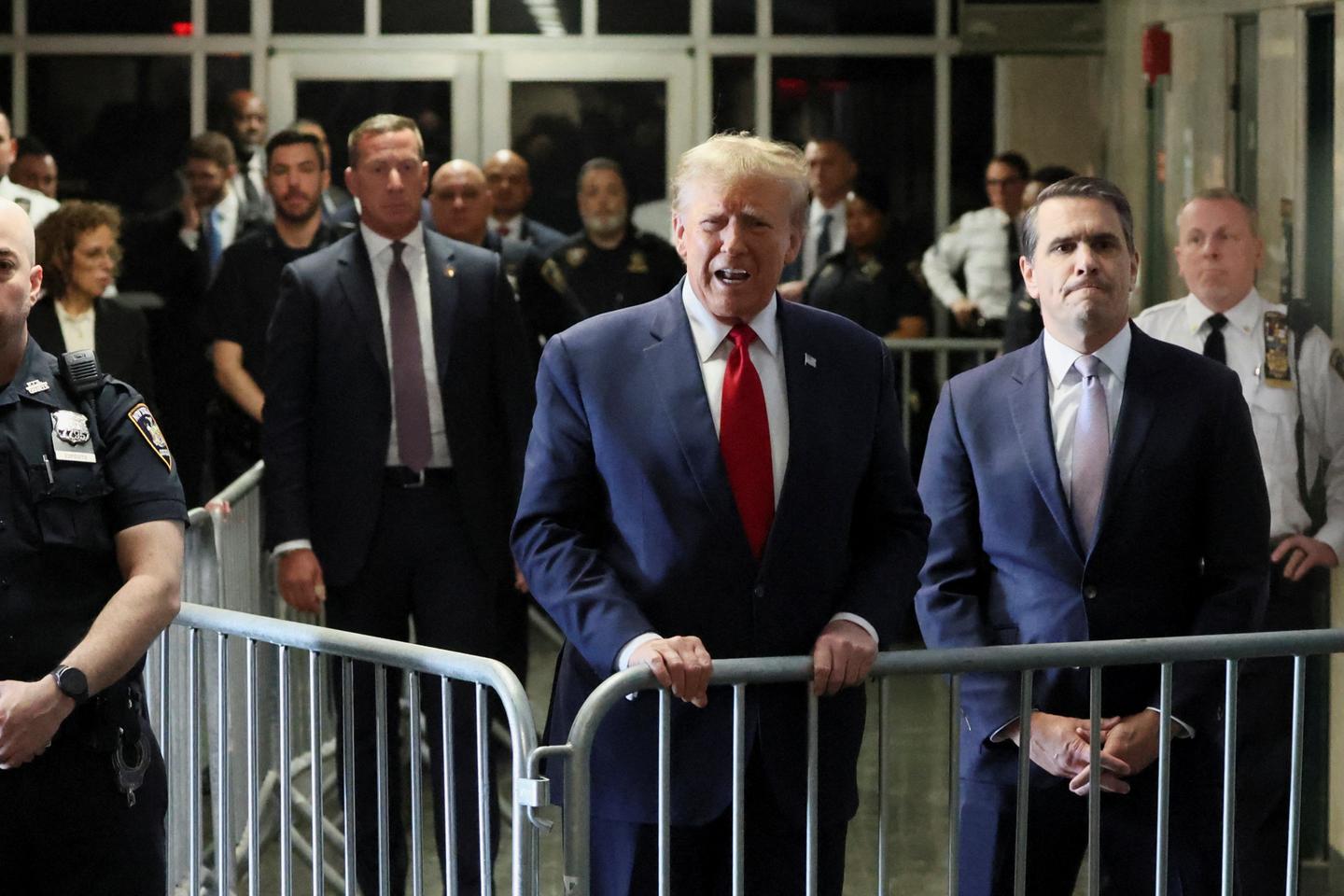Hongkongers in trial run for waste charging scheme criticise one-size-fits-all approach to special bags at estates – Technologist
“No staff came down to explain or teach us how to throw away items that are bigger than the bags, such as broomsticks or mops,” a 65-year-old retiree surnamed Cheung said.
Under the scheme, tenants must get free special labels from their estate office to mark large or oddly-shaped items for disposal and leave the garbage in their corridor for collection between 7am and 7pm each day.
Cheung is among the 288 households at Lin Tsui Estate, a single-block public housing estate in Chai Wan that is taking part in the trial run. Residents were given 30 of the government’s 15-litre rubbish bags a day before the Monday launch.
The Post observed a banner promoting the scheme outside the estate that shared details about how to dispose of waste.
Fellow block resident Tommy Lai said the 30 bags he received were sufficient since he lived alone and only threw out his rubbish every two to three days.
“Since I have my own rubbish bags to get rid of, I will put my garbage in those plastic bags before putting them in the green plastic bags,” the 49-year-old said. “That’s not very environmentally friendly.”
The trial run also covers On Ning Lau, a block at the Moon Lok Dai Ha public housing estate in Tsuen Wan, as well as a government office block, two shopping centres, four restaurants and two care homes.
Over at On Ning Lau, 450 households on the estate each received 30 of the scheme’s 15-litre garbage bags. Posters were also put up in the lobby to inform residents about how to properly dispose of rubbish.
Vicky Ng, a 60-year-old homemaker taking out her empty bottles for recycling, said the bags were too small for her family.
“They don’t fit my trash can,” the estate resident said, “I now spend about HK$30 [US$4] for 100 bags, but later I will need to pay HK$220 for 100 bags with the same capacity. That’s too expensive.”
While Ng said she knew the trial run was voluntary and would not be punished for using her regular rubbish bags, she planned to “give it a go” but hoped for larger bags.
As part of the trial run, cleaners will separate waste stored in government-issued bags from regular ones, placing the latter in 240-litre designated bags.
Hong Kong to launch trial run of waste charging; participants unclear about rules
Hong Kong to launch trial run of waste charging; participants unclear about rules
Property management officers in the early phase of the launch will record which residents opt out of using the government bags and follow up with them later.
Another block resident surnamed Ho who lives alone said the 15-litre bags were too large for her and hoped more options were available to prevent waste during the trial run.
“They asked us to use those green bags and leave them outside the flat, but they did not say much about sorting our trash and recycling,” the 70-year-old said.
“I recycle a lot, but some elderly who are not quite mobile may find it challenging to reduce their waste.”
Chan, a 70-year-old tenant living with her husband, said the bags were the right size for her family, but felt the scheme was not environmentally friendly.
Hong Kong authorities ‘pragmatic’ about waste levy launch ahead of trial run
Hong Kong authorities ‘pragmatic’ about waste levy launch ahead of trial run
“I am used to reusing the plastic bags I get from the wet market for my trash, I never buy rubbish bags,” she said, adding she gave her clean spare ones to grocery stores.
“Now what should I do with them? I couldn’t use them the way I wanted, but it’s wasteful to throw them away.”
The government earlier planned to roll out the pay-as-you-throw scheme citywide in early April before opting to postpone until August 1, citing a need to clarify launch details with various stakeholders.
A government source said in January that city leader John Lee Ka-chiu had suggested the communication work was “not satisfactory” and more cross-bureau promotion efforts were needed before a citywide roll out.



